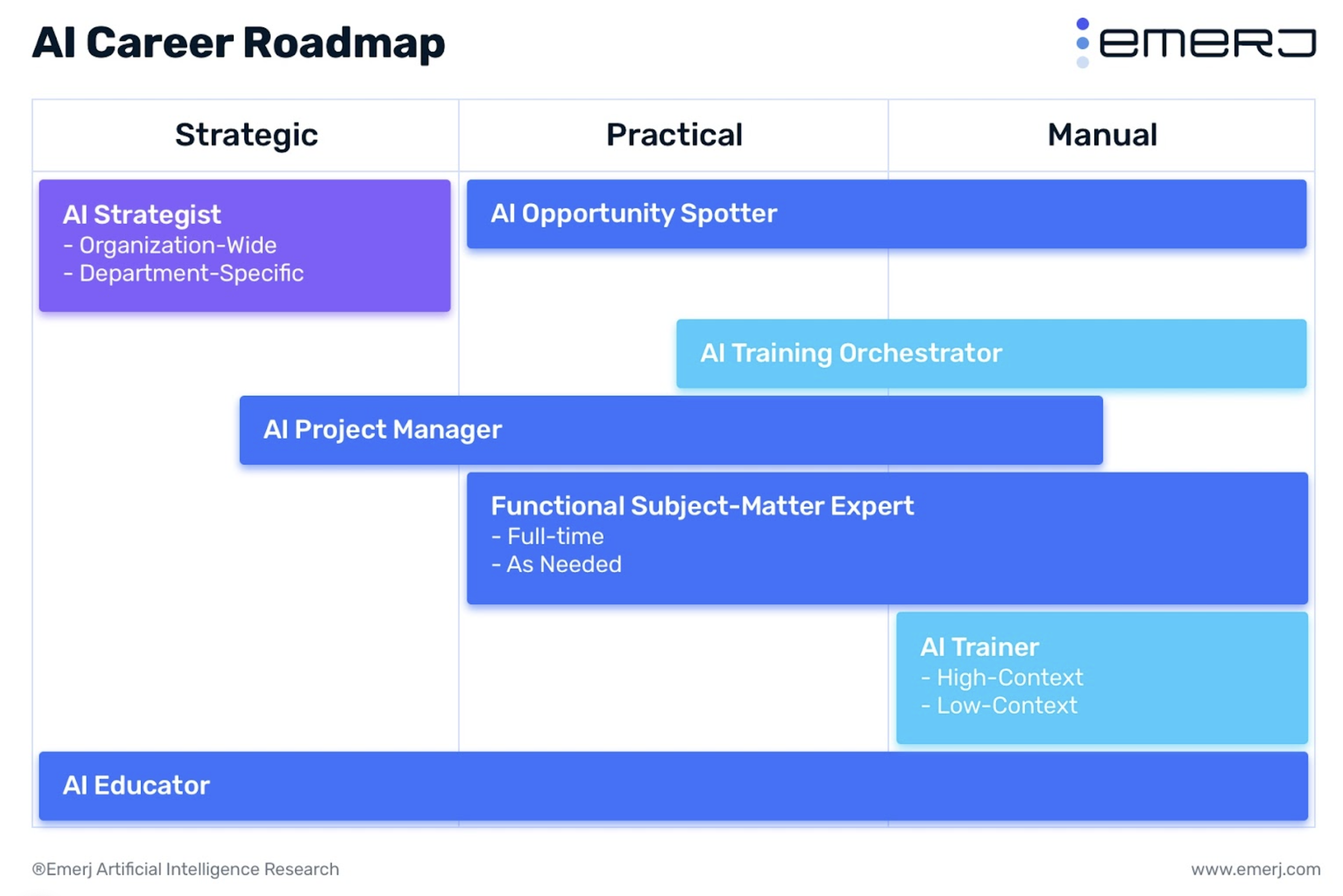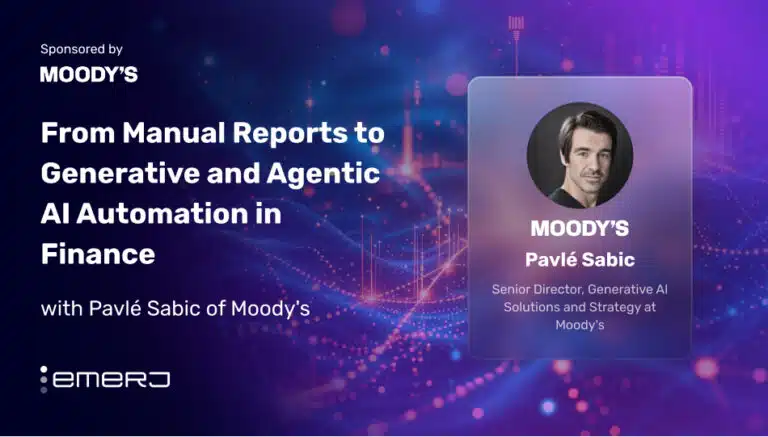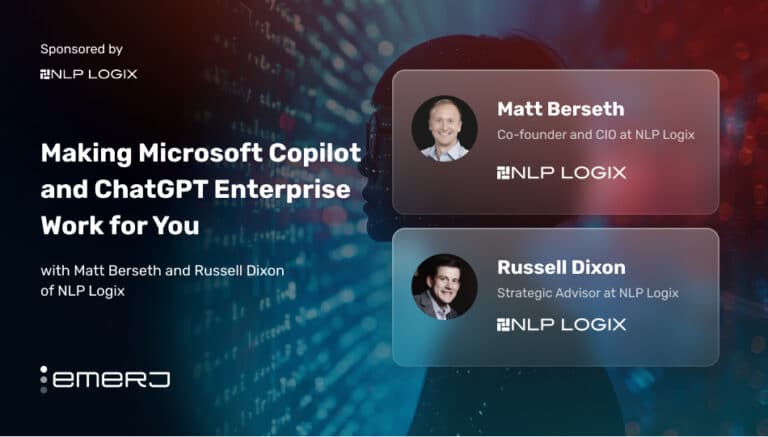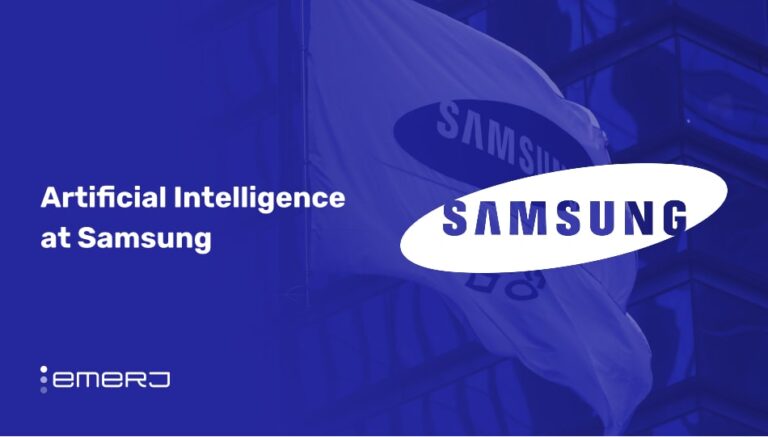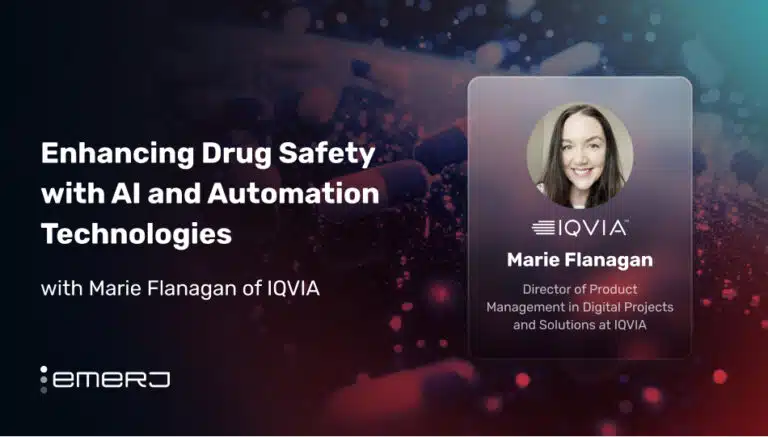Relying entirely on consultants or vendors is not a viable strategy – as AI adoption inherently involves new capabilities to be built up within the company, both technical and non-technical. The only reason a company would put AI technical development and implementation entirely in the hands of a vendor is ignorance of how AI works.
Whether you’re an enterprise professional interested in growing your career in AI skills or a business leader trying to understand the first steps to build an early adoption team at your organization, this article provides essential criteria for a team of seven core non-technical roles key to driving successful enterprise AI deployments:
- AI Strategist
- AI Opportunity Spotter
- Functional Subject Matter Expert
- AI Project Manager
- AI Educator
- AI Trainer
- AI Training Orchestrator
We will begin by explaining how these roles develop within organizations from non-technical contexts. In other words, these are typically leaders and other subject matter experts who are unfamiliar with code.
However, they must be familiar enough with true AI capabilities in fundamental capacities we will explain before describing our criteria.
The Necessity of Non-Technical Leadership
This takes us to the crux of the challenge of AI adoption in business – that business leaders, managers and team members don’t understand:
- How AI works, including basic terminology.
- AI use-case familiarity – including what our competitors are doing and what AI is capable of more broadly.
- Practical insights on AI adoption – project lifecycle, familiarity with adoption challenges and beyond.
We refer to these three competence areas as the context for non-technical professionals. A firm grounding in these competence areas is required for leadership to lead AI initiatives successfully.
These competence areas also make long-term AI strategies impossible to develop. With a long-term strategy, an expensive and lengthy investment in AI is unlikely to occur.
What organizations need to cultivate – through either training, networking, or hiring – are non-technical staff who understand how AI works and where it makes sense to apply. Their awareness of these operations away from coding expertise makes them critical catalysts for AI adoption.
At Emerj, we believe that AI-savvy non-technical talent is a crucial aspect of developing a foundation for AI – one of the “Critical Capabilities” that any company must develop to see a strong ROI from AI efforts.
Highlighted in the diagram below are some of the most essential functions for non-technical professionals. We map the range of non-technical AI-related roles into seven general categories, spanning three levels of focus:
Each role category contains a focus and requirement, broadly categorized into three distinct categories.
Strategic roles:
- Focused chiefly on long-term planning, company vision, and orchestrating high-level initiatives.
- Require an understanding of how AI can enable advantages in the marketplace.
Practical roles:
- Focused on running AI projects on the ground level.
- Require a conceptual understanding of how AI projects work.
Manual roles:
- Focus on handling the data, helping data scientists iterate and accessing data and tools for the AI project.
- Require an understanding of data and subject matter and an ability to communicate and collaborate with data scientists.
While all roles blur the lines between strategic, practical, and manual to a degree, some roles cross the boundaries significantly, and our research indicates that with the overlap of some of the job roles in the graphic above.
Each description below includes a list of the role responsibilities and the “Critical Context” – or core non-technical AI knowledge or skills – that each requires in the team dynamic.
Reviewing these roles should help you to determine the high-leverage opportunities for your own skills, but they should also help you flesh out the necessary supporting team for a successful AI initiative.
1. AI Strategist
Responsibilities –
- Can see how new AI-based business models shape the division, then the company. The role already fits within existing strategic and competitive priorities for the organization.
- Plays a significant role in deploying capital and resources to critical AI projects and initiatives.
- Ensures a unified effort around AI initiatives focusing on building Critical Capabilities and is involved in the AI Center of Excellence if one exists.
Critical Context –
- Understands and detects AI trends in the market. This role must gauge the viability of different AI opportunities of application ideas with reasonable accuracy.
- Has a strong understanding of the complex AI adoption process and the right expectations for the required projects and resources.
- Views AI as a strategic investment in Critical Capabilities that establish new, company-wide, data-informed functions.
Role Variations –
- Company-wide strategy: This role could be the CEO, or it could be a specific role like a “Chief Data Officer” or “Chief AI Officer.”
- Function-specific strategy: This role could be a functional leader of a department, such as a Head of Marketing or Director of eCommerce, or a specific role like “AI Marketing Lead.”
2. AI Opportunity Spotter
Responsibilities –
- Finds relevant opportunities to apply AI or to improve existing AI systems.
Critical Context –
- A basic understanding of AI use cases, combined with subject-matter expertise within their department or function.
- A basic understanding of how AI works and the requirements to initiate an AI project.
Role Variations –
- Can range from a front-line employee, a manager or at the VP level. Their AI understanding can be a reason they are tasked with finding AI opportunities to suggest to AI Strategists or AI Project Managers.
3. Functional Subject-Matter Expert
Responsibilities –
- To collaborate with data scientists and data science leaders in order to prepare data, understand the business problem, and work together to iterate and evaluate the outcomes of models.
Critical Context –
- Strong subject-matter expertise. Having functional subject-matter experts on AI project teams is a must.
- A functional understanding of AI terminology and how AI works.
Role Variations –
- Expertise can range from very senior to relatively junior individual.
- Must have a strong enough understanding of the business and business process to help data scientists understand the specific business context.
- This person should be mandated to be part of the cross-functional AI team as part of their day-to-day work instead of throwing this additional responsibility on as a “nice to have.”
4. AI Project Manager
Responsibilities –
- Manages cross-functional AI teams of data scientists and functional subject-matter experts, along with potential AI trainers. In charge of the day-to-day management of tasks and workflows.
- Work closely with AI strategists and senior leadership to communicate project status
- Ensures that projects are being executed in a way most likely to bring about the intended business outcome or improvement.
Critical Context –
- Must have a deep understanding of the importance of cross-functional AI teams and must be able to communicate well with functional subject-matter experts and data scientists.
- Must understand how AI projects work and what an AI initiative involves – in addition to what kinds of challenges might be expected to come up and how to overcome them.
- Strong understanding of AI terminology.
Role Variations –
- While this person could be an existing project manager within the company, the role of AI project manager is unique in many regards, and it is likely that this role will develop into a unique number of full-time positions, as opposed to an add-on role for an existing project manager.
- In time, most project managers involved in technical projects will require these skills as AI becomes integrated into more and more aspects of the company.
- Potentially has authority to pull in or request necessary staff required for the project.
5. AI Educator
Responsibilities –
- Brings subject-matter experts and senior leadership up the speed on data science principles, including:
- (a) how AI works
- (b) basic AI use cases.
- Interfaces with data science lead and AI project management leads in order to capture lessons learned in applying AI within the organization and develop best practices and training protocols.
Critical Context –
- Must have a strong understanding of all three areas of what we at Emerj call Critical Context:
- How AI works, including basic terminology.
- AI use-case familiarity, or what our competitors are doing, and what AI is capable of broadly.
- Practical insights on AI adoption, such as project lifecycle, familiarity with adoption challenges, etc.
- Above all, the AI educator must be able to distill and communicate these points to colleagues in succinct formats.
Role Variations –
- This would almost certainly be its own role or title rather than an add-on to an existing “Training” role within the company.
- Gathering and understanding internal AI lessons while building an AI curriculum with training material will require a dedicated focus on AI applications.
- An AI educator cannot be a member of the current staff sent to a few AI events and told to watch a few internet videos on AI.
6. AI Trainer
Responsibilities –
- Consistently guide algorithms by labeling or providing data.
- Handle edge cases that a machine learning model is unsure about – ie. In customer service, categorizing email support requests (as “refund request,” “product inquiry,” etc.) that a machine was unable to label confidently based on previous training.
- Perform repeatable tasks within a bounded workflow in order to consistently provide or enrich data.
Critical Context –
- Low-context AI trainers need relatively little context compared to most other roles.
- High-context AI trainers often must understand the purpose of the training and have a fundamental grasp of how AI works in order to actively participate as part of a cross-functional AI team.
Role Variations –
- Low-context examples: Uber’s drivers are helping to train its self-driving cars. Facebook hires thousands of low-cost staff to screen for offensive or violent content to update its screening algorithms.
- High-context example: A medical diagnostics company may need PhDs to label X-ray scans as cancerous or benign based on the context of their past health history and information from their medical records.
7. AI Training Orchestrator
Responsibilities –
- Interfaces with AI strategists, senior leadership, data science lead, and AI project managers in order to determine the kind of ongoing data collection or data enrichment needs of the business.
- Building work structures and work environments (physical or digital) to allow AI trainers to provide or enrich the kind of data the company needs.
- Ensuring data accuracy and usefulness, monitoring and managing AI trainers, and the features and value of the data they contribute to.
Critical Context –
- Needs to have a strong understanding of the nuanced data requirements of the project.
- Strong understanding of business requirements and ability to communicate with data scientists and business leaders in order to ensure the quality and consistency of the data pipeline.
Role Variations –
- This role is commonly found in crowdsourced data companies (Appen, Cloudfactory, etc.) and within large AI-focused firms that already have a strong focus on using AI trainers (Facebook, Google, Amazon).
- These roles will be most commonly present within firms that have a strong AI capability. Most initial AI projects will be a new hire or not require an AI training orchestrator at all.
- Company investment in such a role signifies a known value of a certain data pipeline, which is not certain. This is a relatively long-term investment in the continued value of project data.



